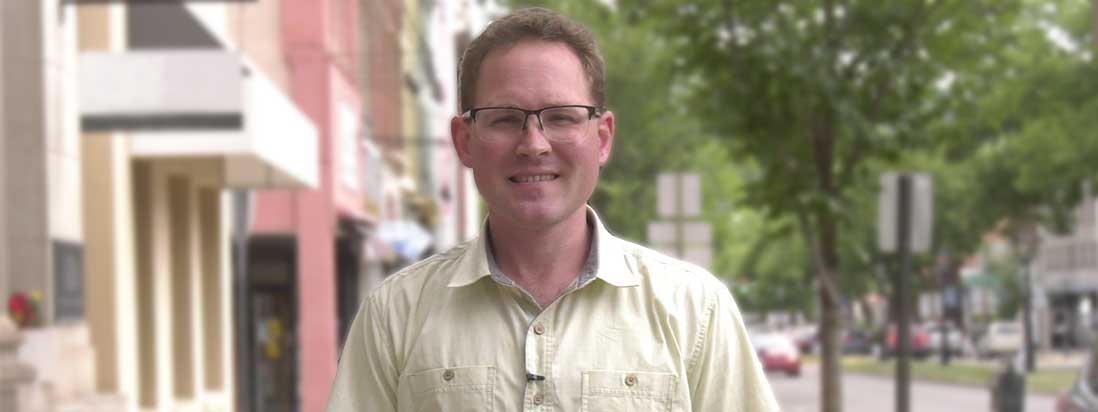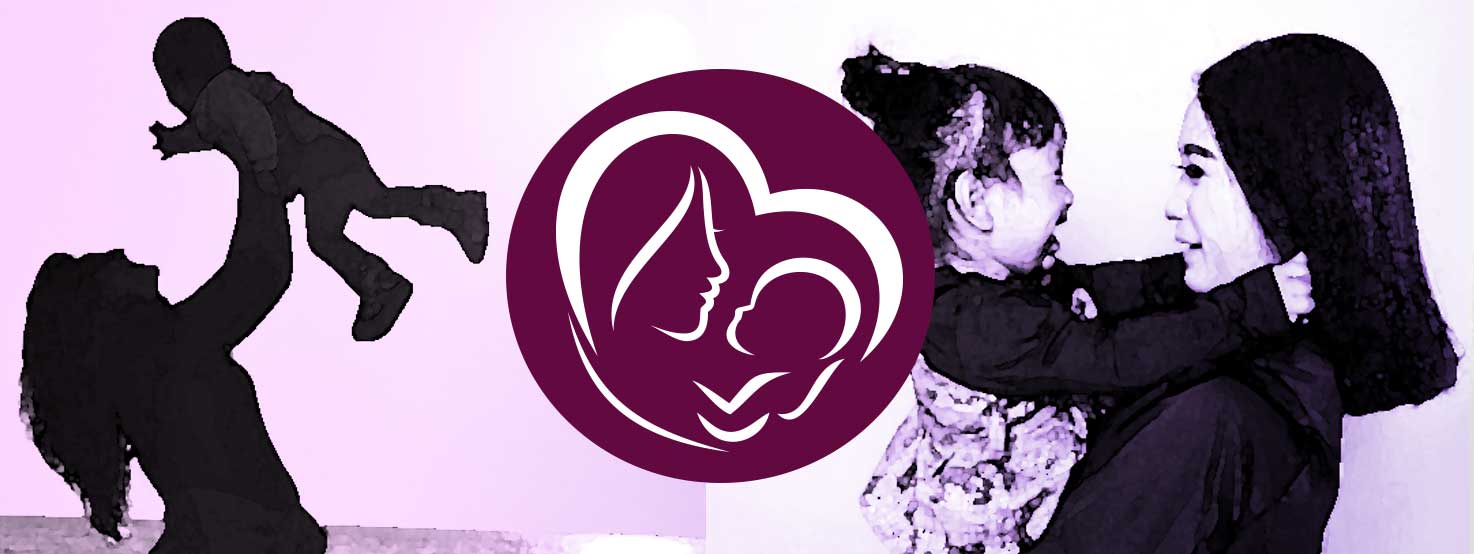
COVID-19 Reminders
With the new strain of Coronavirus (COVID-19) continuing to spread across Pennsylvania, preventive health measures like hand washing, covering coughs / sneezes, and disinfecting commonly used surfaces are more important than ever.
Learn how you and your family can protect yourselves and your community.
WHAT IS CORONAVIRUS?
Coronavirus refers to a group of viruses that cause respiratory tract infections, such as the common cold. Symptoms are often mild, but in certain strains, coronavirus can be deadly, such as the SARS outbreak or the new COVID-19 strain. COVID-19 is the name of the new strain first identified in China toward the end of 2019. Common symptoms include fever, cough, shortness of breath, and diarrhea.
WHO IS MOST AT RISK?
COVID-19 affects patients of all ages. The most at-risk populations for more serious symptoms or complications are seniors, immune-compromised patients, those with cardiopulmonary diseases, and people with underlying chronic health conditions like asthma or diabetes. However, we have seen that young, healthy patients can also be very sickened, so everyone should take prevention seriously.
It is important that everyone follow preventive measures like social distancing, handwashing, and staying home. Since some people may have mild symptoms or no symptoms at all, it is critical that everyone engage in preventive measures even if they feel well to avoid spreading the virus to others.
HOW CAN I PROTECT MYSELF AND MY FAMILY?
The best way to protect yourself is to avoid exposure to COVID-19. Follow these five steps to keep you and your family healthy.
Step 1: Wash your hands often and well.
Proper handwashing prevents infections, illness, and the spread of germs. Wash your hands frequently with soap and water for a full 20 seconds and always after sneezing, coughing, or blowing your nose.
Humming the tune “Happy Birthday” twice is an easy way to make sure your family is spending enough time at the sink. An alcohol-based hand sanitizer is a good alternative when you can’t get to a sink, but make sure it contains at least 60% alcohol. Rub your hands together to work in the sanitizer until they feel dry.
Avoid touching your eyes, nose, and mouth with unwashed hands, as these are easy entry points for viruses like COVID-19.
Step 2: Clean and disinfect
Clean AND disinfect commonly used surfaces and items in your home, including countertops, cell phones, TV remotes, light switches, door and fridge handles, faucets / sinks, desks, toilets, and your computer keyboard / mouse.
- To clean a surface, use a clean sponge or cloth with detergent or soap and warm water prior to disinfection.
- To disinfect a surface, use an approved household disinfectant. Make sure to wipe down common areas like kitchen counters and desks.
Most common EPA-registered household disinfectants will work, but make sure to use disinfectants that are appropriate for the surface you’re cleaning to avoid damaging them.
To make your own disinfectant solution at home, carefully mix:
5 tablespoons (1/3rd cup) of bleach per gallon of water
OR
4 teaspoons of bleach per quart of water
Make sure to follow the manufacturer’s instructions for application and proper ventilation, and ensure the product is not past its expiration date. Never mix household bleach with ammonia or any other cleanser, as it can create dangerous chemical reactions and fumes.
Step 3: Avoid Close Contact
Social distancing is the key to slowing down the spread of COVID-19, and slowing the spread is very important to keep healthcare facilities from becoming overwhelmed by a sudden influx of patients. To practice social distancing:
- Avoid groups of 10 or more and crowded public transportation.
- Stop unnecessary travel and reduce necessary travel wherever possible (e.g., weekly trips to the grocery store instead of daily, receiving medication by delivery).
- Use technology like video chatting, texts, calls, and social media to stay connected with friends and family while keeping those most vulnerable safe.
Step Four: Cover Your Cough & Sneezes
Cover your mouth and nose with the inside of your elbow, upper arm, or a tissue when you cough / sneeze, NOT your hands; throw used tissues in the trash right away. Immediately wash your hands with soap and water for at least 20 seconds after coughing, sneezing, or blowing your nose.
If soap and water are not readily available, clean your hands with a hand sanitizer that contains at least 60% alcohol and rub your hands until dry.
Step Five: Stay Home When You’re Sick & Call Ahead
Stay home if you are sick except to get urgent medical care and always call ahead before going to your local health center or ER to explain your concerns and ask for guidance.
With Coronavirus (COVID-19) dominating the news, you may be feeling anxious about every cough, sneeze, or sniffle. If you or a loved one are unsure what to watch for, or are experiencing symptoms associated with COVID-19, reference this PA Dept. of Health graphic to learn when and how to seek care.
If you have questions or concerns, call 1-833-LAURELHC (1-833-528-7354), and the Laurel Health Centers will guide you through a checklist to evaluate your risk and work with local health agencies to determine your next steps. We will make sure you get the care you need where and when you need it!
For the latest COVID-19 updates and recommendations, visit the Laurel Health Centers at laurelhc.org or facebook.com/laurelhc.
Dr. Lara Jaussi is a family medicine physician and Chief Clinical Officer for the Laurel Health Centers, specializing in pediatrics, primary care and women’s health. Dr. Jaussi earned her medical degree from Lake Erie College of Medicine at Seton Hall in Greensburg, Pa and completed her residency at the Williamsport Family Medicine Residency Program. She also holds a master’s degree in biological sciences from Drexel University College of Medicine in Philadelphia.
Credits:
Writing: Lara Jaussi, DO, Chief Clinical Officer & Family Medicine Physician / Laurel Health Centers
Home Page Sponsors: Laurel Health Centers, Jim & Mary McIlvaine
























































